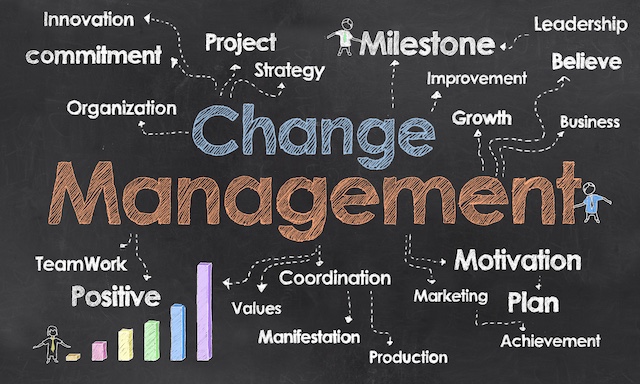What Is Lateral Hiring?
Lateral hiring refers to the recruitment of experienced professionals from one organization to another, typically at a similar level or role within the new company. Unlike entry-level hiring, which focuses on bringing in candidates with less experience, lateral hiring seeks individuals who can bring a wealth of industry knowledge and skills, often to fill specific roles or address immediate needs within the organization. This strategy allows companies to leverage existing talent to drive innovation and enhance performance, making it a critical component of strategic workforce planning and competitive advantage.
Why Lateral Hiring Matters: Key Reasons
Lateral hiring is essential for organizations seeking to enhance their competitive position and operational efficiency.
Here are the primary reasons why:
1) Immediate Expertise: Lateral hires come with relevant experience, allowing companies to quickly fill critical roles without extensive training.
2) Accelerated Innovation: Experienced professionals bring fresh ideas and industry best practices, driving innovation and improving problem-solving capabilities.
3) Expanded Networks: New hires often have established connections that can facilitate valuable business opportunities and partnerships.
4) Boosted Productivity: With less time needed for acclimatization, lateral hires can immediately contribute to team productivity and performance.
5) Strategic Advantage: By integrating skilled talent, organizations can better adapt to market trends and maintain a competitive edge, ensuring they remain agile and forward-thinking.




